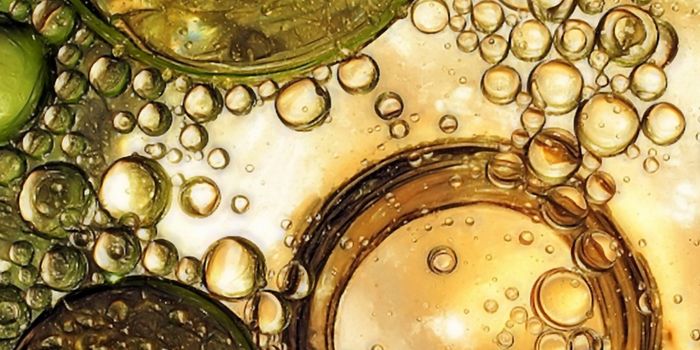Cannabinoids & Chemotherapy More Potent Against Cancer Cells
Marijuana has been a popular drug long before it was legalized across several states in the US. This plant shows up in the archeological records 37 million years ago, and humans have been using this plant for various purposes 8,000 years ago.
Now researchers say that cannabinoids, active chemicals in marijuana, can help chemotherapy agents kill cancer cells. The results add to a growing body of literature supporting use of medical marijuana for cancer patients, both to relieve pain and to treat cancer.
Today, marijuana is mostly known for its psychoactive effects. This property is due to the cannabinoids found in the plant. Among these cannabinoids, the chemical tetrahydrocannabinol, or THC, is the most well-known. THC works by mimicking the natural cannabinoids in the body to stimulate thinking, memory, pleasure, and spatial perception. Specifically, THC acts like the neurotransmitter called anandamide, which regulates hunger, sleeping, and pain relief. This is why users experience these proverbial symptoms upon marijuana exposure.
But aside from its recreational feel-good effects, researchers have found uses for marijuana in medicine, as the plant can relieve vomiting and pain for chemotherapy patients, reduce epilepsy episodes, and treat insomnia. This is due to marijuana containing at least 85 other cannabinoids besides THC, each with different effects on the body.
Several cannabinoids have been shown to have anti-cancer effects. The cannabinoid delta-9-THC, for example, can kill liver cancer cells, while cannabidiol can kill some forms of breast cancer cells.
In the new study, researchers from the University of London in the United Kingdom tested whether cannabinoids alone or in combination with chemotherapy (cytarabine and vincristine) would be effective against cancer cells.
After testing various combinations of cannabinoids and chemotherapy agents, the team identified cannabidiol and THC as being most effective in conjunction with the chemotherapy. In particular, the combo of cannabidiol and THC with cytarabine was highly effective against leukemia cells. Moreover, the cannabinoids seemed to elevate the cancer-killing effects of the chemotherapy, as chemotherapy treatment alone was not as potent.
"We have shown for the first time that the order in which cannabinoids and chemotherapy are used is crucial in determining the overall effectiveness of this treatment. Cannabinoids are a very exciting prospect in oncology,” said Dr. Wai Liu, the study’s lead investigator.
But before cancer patients look to adopt marijuana use, it’s important to note that the results were observed in cancer cells using highly concentrated and purified cannabinoid extract. So, while the study results are intriguing and suggest bigger roles for marijuana in the fight against cancer, more research has to be done before we can jump to any conclusions. Until we have definitive evidence, it’s not wise to self-medicate with marijuana, as this might not have the intended desired effects.
Additional source: University of St George's London









